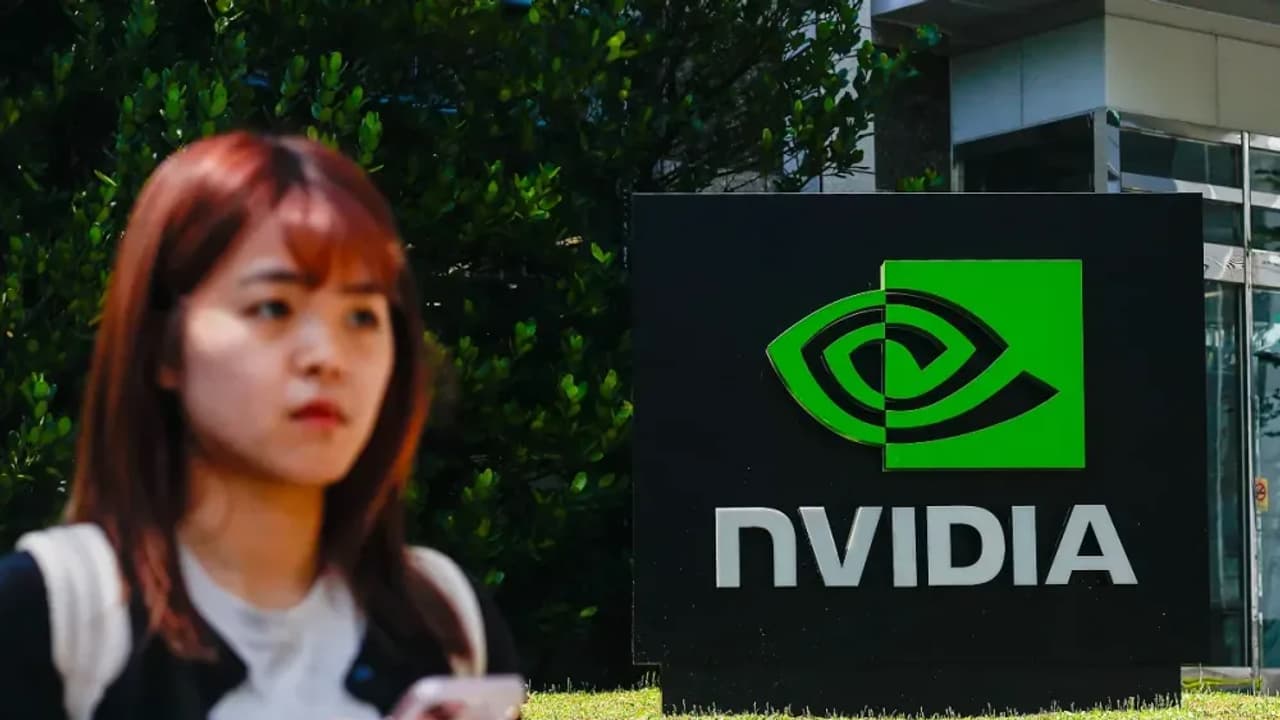Huawei's new chip is reportedly more powerful than Nvidia's H100 AI accelerator, which was released in 2022 and is built on the Hopper architecture.
Amid the Sino-U.S. tariff turmoil, China's Huawei has reportedly begun manufacturing high-performance computing artificial intelligence (AI) chips that could compete with some of Nvidia Corp's (NVDA) high-end offerings.

A Wall Street Journal report, citing people familiar with the matter, said on Sunday that Chinese tech company Huawei has begun testing its "newest" and "most powerful" AI chips, codenamed "Ascend 910D."
Huawei has reportedly contacted Chinese tech companies about testing the chip's technical feasibility. The company will likely receive the first batch of processor samples by late May.
The new chip is reportedly more powerful than Nvidia's H100 AI accelerator, built on the Hopper architecture and released in 2022.
The latest development comes just after the U.S. restricted exporting H20 chips to China. H20 was previously the most advanced chip the company could import to China without a license.
Due to the latest curbs, Nvidia said it would incur a $5.5 billion charge.
The Journal's report said the 910D development is still in the early stages, and the chip may have to undergo a series of tests before it can become customer-ready.
Huawei, which has been on Washington's radar for about six years, has spearheaded the Chinese tech revolution. The company found success with the high-end smartphone Mate 60, which launched in 2023.
A Reuters report said last week Huawei's previous AI chip iteration, the Ascend 910C, will begin shipping next month. According to the report, the chip was more of an architectural evolution than a technological advancement but was on par with Nvidia's H100 chips.
Commenting on the report, Piper Sandler analyst Harsh Kumar said the development could hurt Nvidia in the near term, Investing.com reported. Even if the H20 restrictions hadn't come about, 910C would have provided Chinese customers with a "viable second source at minimum with much less risk."
The analyst believes any future workaround Nvidia chips for China will likely come under threat amid the ongoing economic war between the countries. He is of the view that Nvidia's China business will be hit in the longer term if the U.S. export curbs stay in place long enough to give Huawei more time to "bridge the performance gap."
On Stocktwits, retail sentiment toward Nvidia stock stayed 'neutral' (45/100), with the message volume at 'normal' levels. The stock was among the top ten most active tickers on the platform very early on Monday.

A bullish watcher said the news about a rival Nvidia offering could be another 'PR scam."
"China may have stolen Nvidia IP but will fail replicating," they said.
More users echoed the view.
Another user, however, said the Huawei news will tank Nvidia stock.
Nvidia ended Friday's session up 4.30% at $111.01, although it traded way off its 52-week high of $153.13.
For updates and corrections, email newsroom[at]stocktwits[dot]com.
